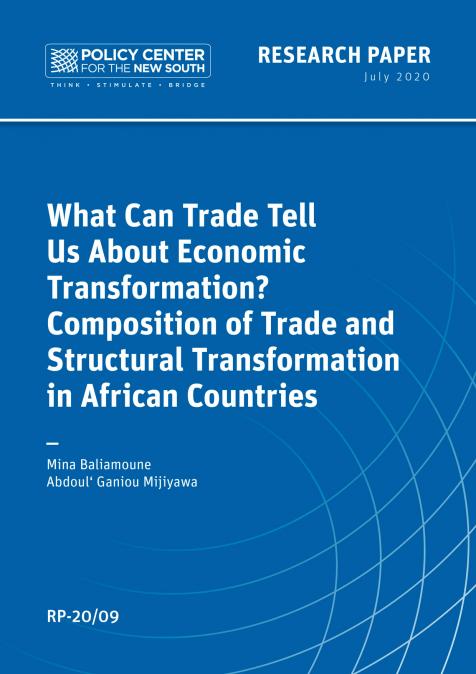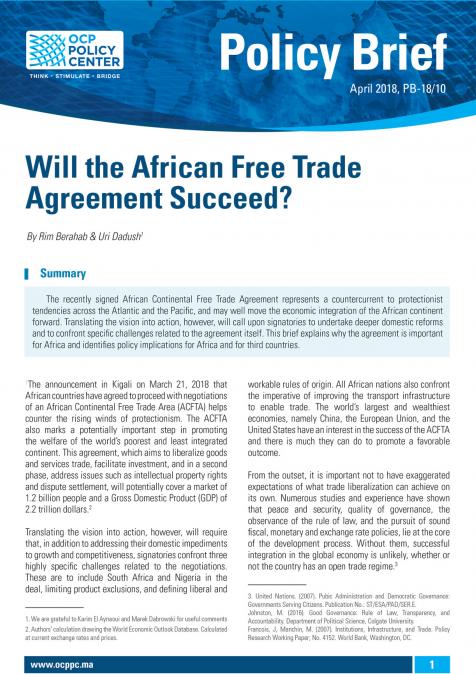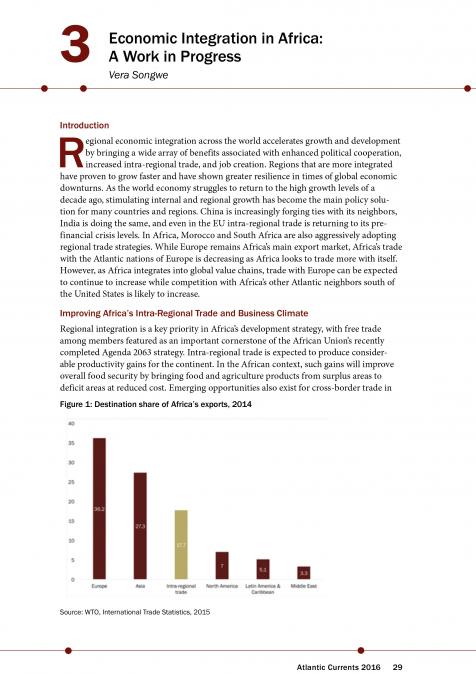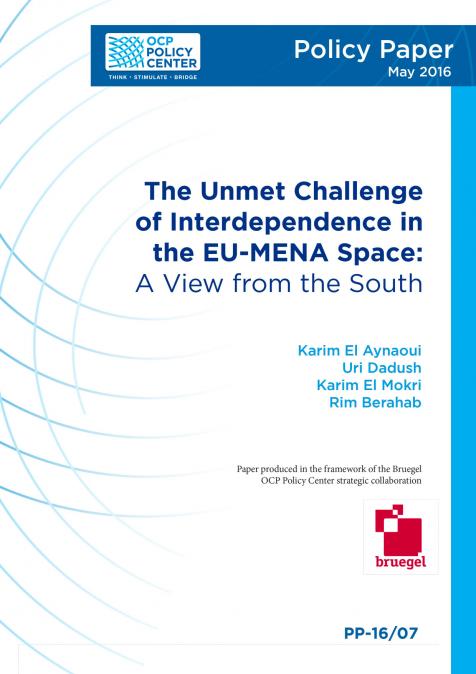Publications /
Research Paper
We explore the effects of exporting manufactures, primary commodities, and food and agricultural products, and we examine the impact of importing capital and semi-capital goods, on structural transformation in a group of 21 sub-Saharan African countries that were covered by the inaugural African Transformation Report (ACET, 2014). The empirical results suggest that the import of capital and semi-capital goods can be a good predictor of structural transformation, while concentration of exports in primary commodities, and food and agricultural products, seems to predict weak structural transformation. In addition, we obtain evidence suggesting that higher shares of capital goods in total imports seem to have a greater positive influence in resource (primary-commodity) rich economies.








